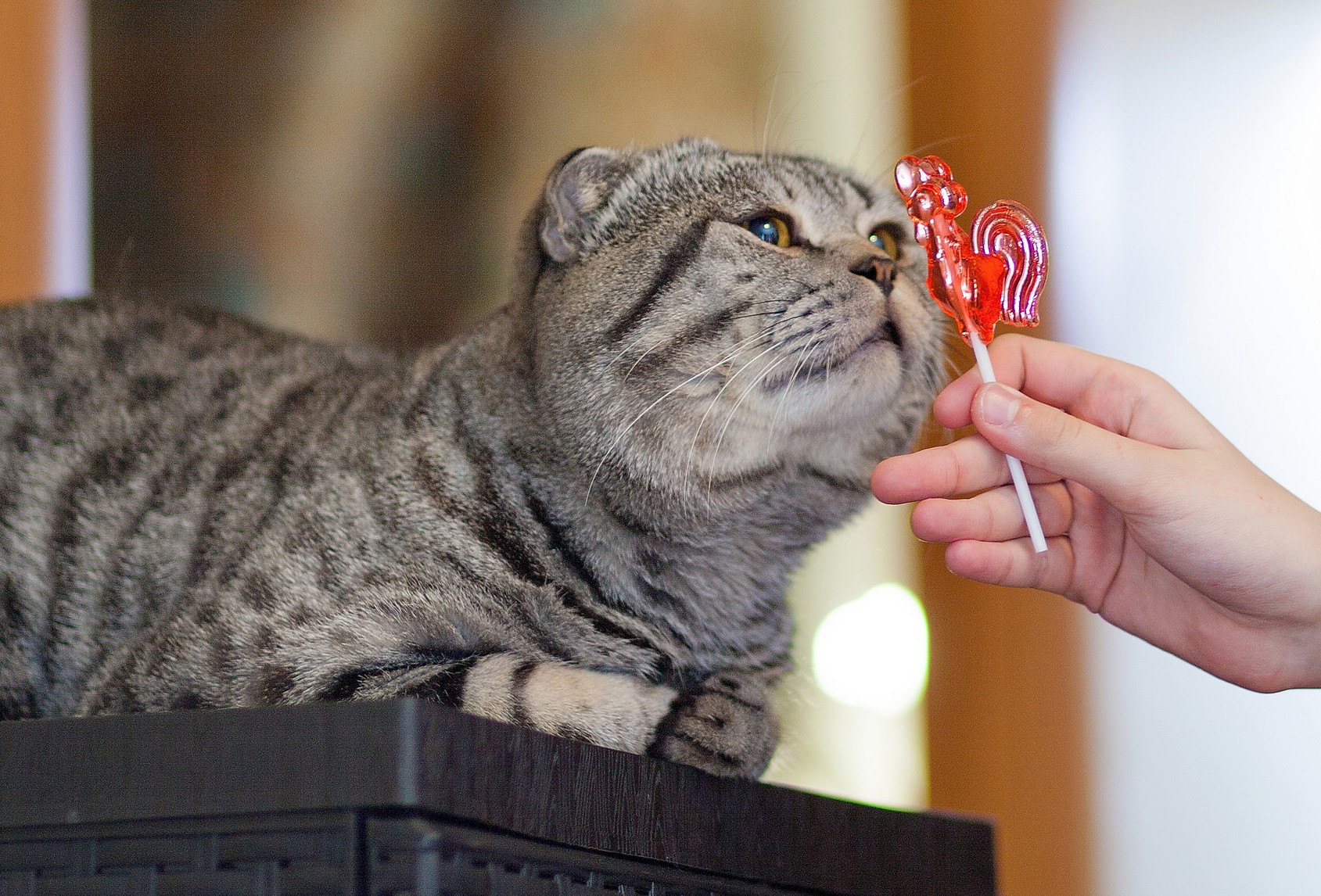Unlike dogs cats do not have a sweet tooth scientists believe this is due to a mutation in a key taste receptor

Unlike dogs, cats do not have a sweet tooth. Scientists believe this is due to a mutation in a key taste receptor.

It is a well-known fact that cats are not particularly fond of sweets. Unlike dogs, who often gobble up anything sugary, cats do not seem to have a sweet tooth. Scientists have been intrigued by this behavior for years, and now they believe they have found the answer. According to research, the reason behind cats’ aversion to sweets lies in a mutation in a key taste receptor.

In a recent study conducted at Monell Chemical Senses Center in Philadelphia, scientists examined the taste preferences of several species, including cats and dogs. They discovered that cats have a diminished ability to taste sweetness compared to dogs and humans. This finding led researchers to investigate the underlying genetic factors responsible for this unique characteristic in cats.
Multiple studies have revealed that cats lack a functional taste receptor gene, known as Tas1r2, which is responsible for detecting sweetness in most mammals, including humans. This mutation has rendered cats unable to experience the pleasure associated with sugary treats.
The absence of this taste receptor gene can be traced back to their evolutionary history as obligate carnivores. Unlike omnivorous animals, such as dogs, cats have evolved to solely rely on a meat-based diet, which provides them with the necessary nutrients for survival. Their taste preferences have adapted accordingly, favoring a predominantly meaty flavor profile.
Cats’ biological inclination towards a carnivorous diet is further supported by their unique metabolic traits. Their bodies are highly efficient at metabolizing protein and fat, making them less dependent on carbohydrates, including sugars. This explains why cats do not have the same cravings for sweet foods that dogs might exhibit.
While cats may not enjoy sugary treats like dogs or humans, this does not mean they are completely devoid of taste. In fact, cats possess a highly developed sense of taste, particularly for savory flavors. Their taste receptors for umami, the fifth taste sense that recognizes savory or meaty flavors, are far more sensitive than those of dogs and humans.
In conclusion, cats’ lack of a sweet tooth can be attributed to a mutation in a key taste receptor gene, which has rendered them less responsive to the taste of sweetness. This evolutionary adaptation supports their natural inclination towards a meat-based diet. So, the next time you offer your feline friend a sugary treat and they turn up their nose, remember that their taste buds are simply wired differently.
Tags
Share
Related Posts
Quick Links
Legal Stuff

